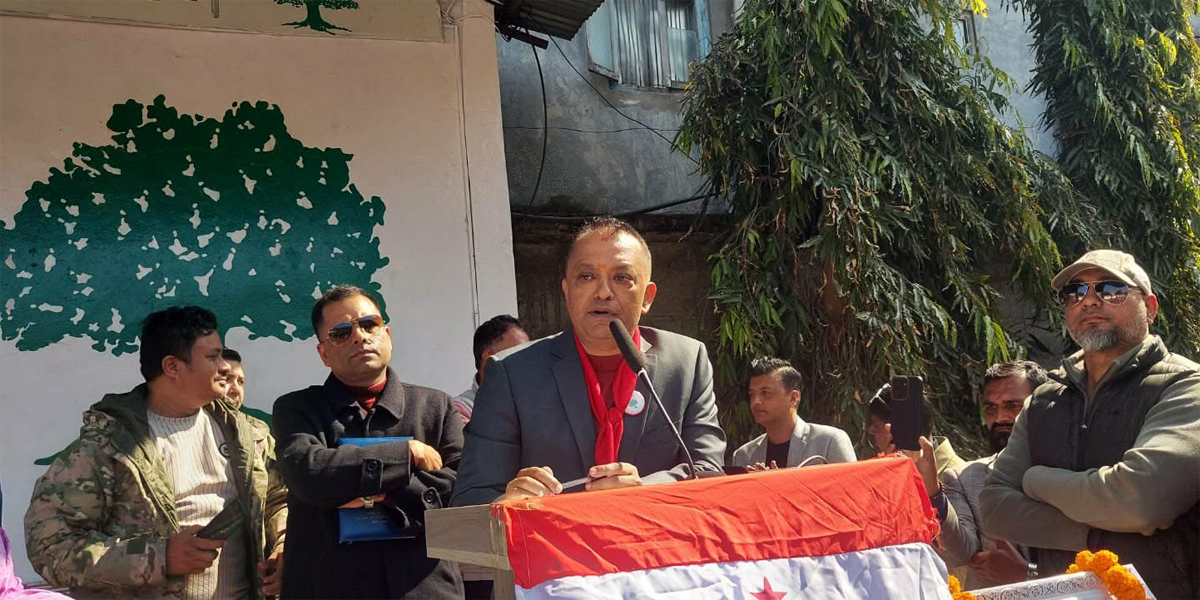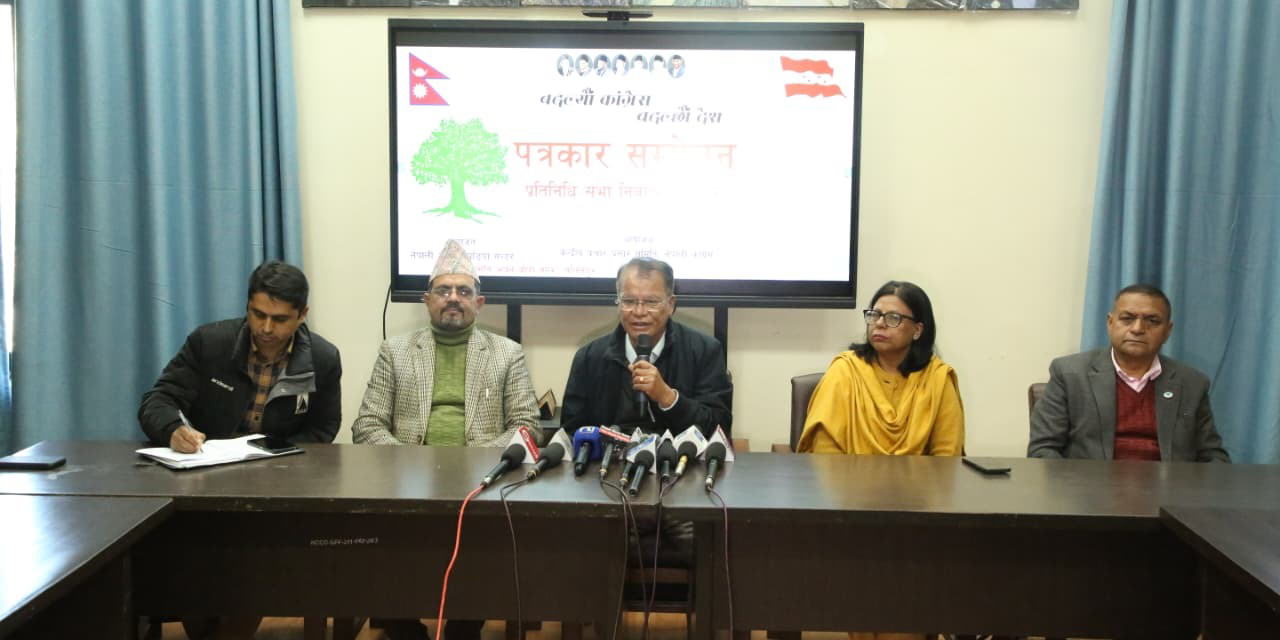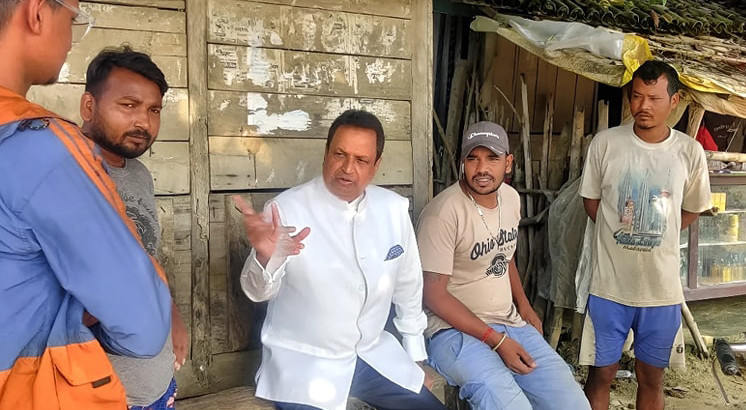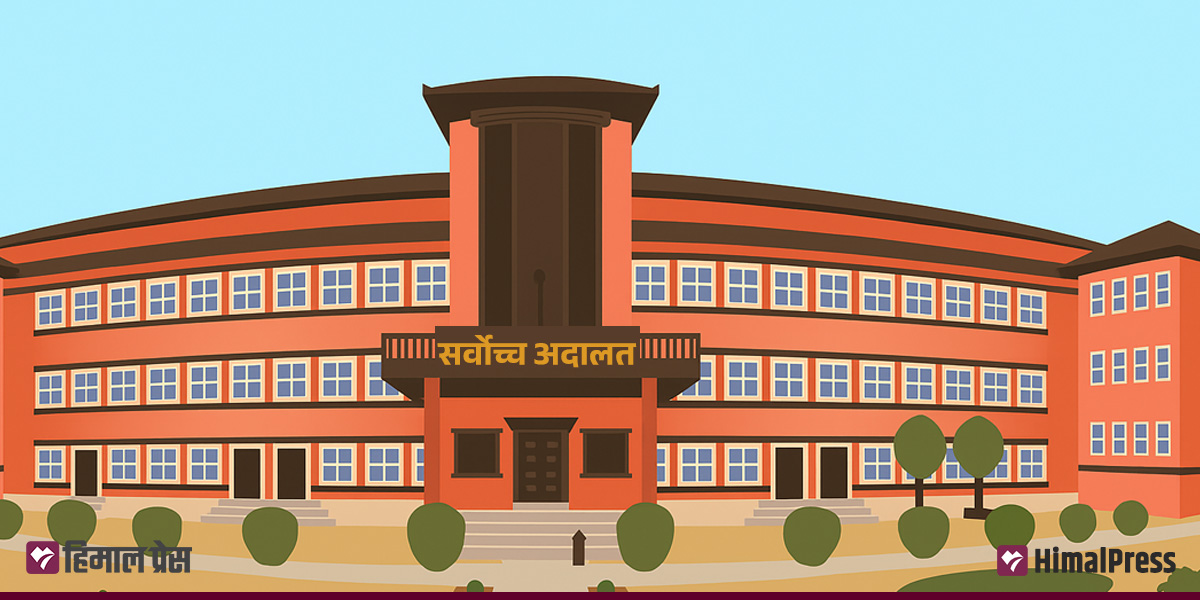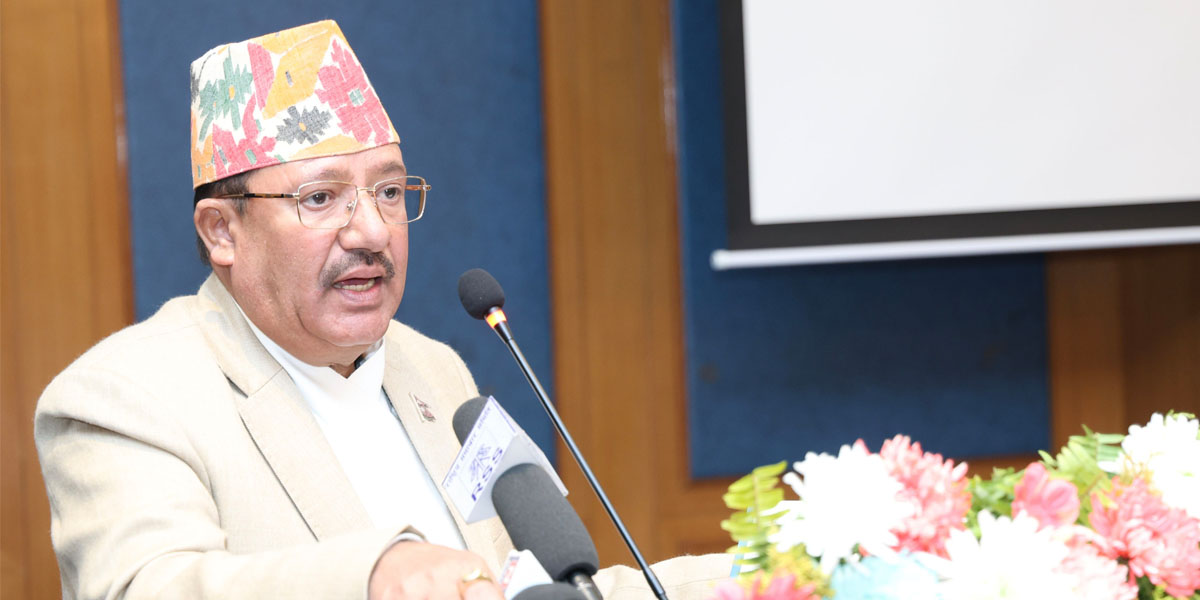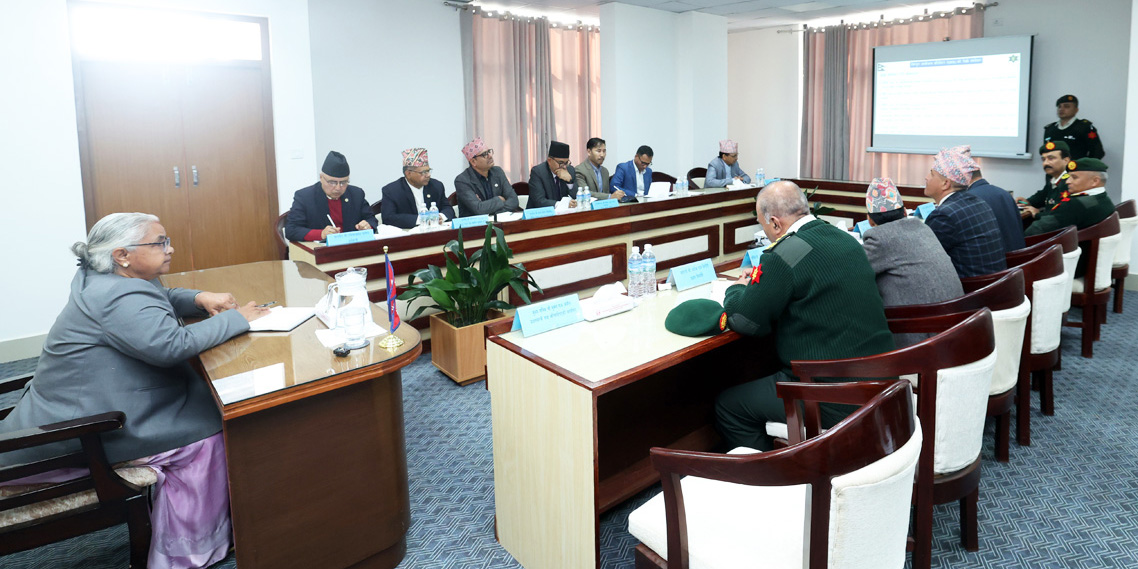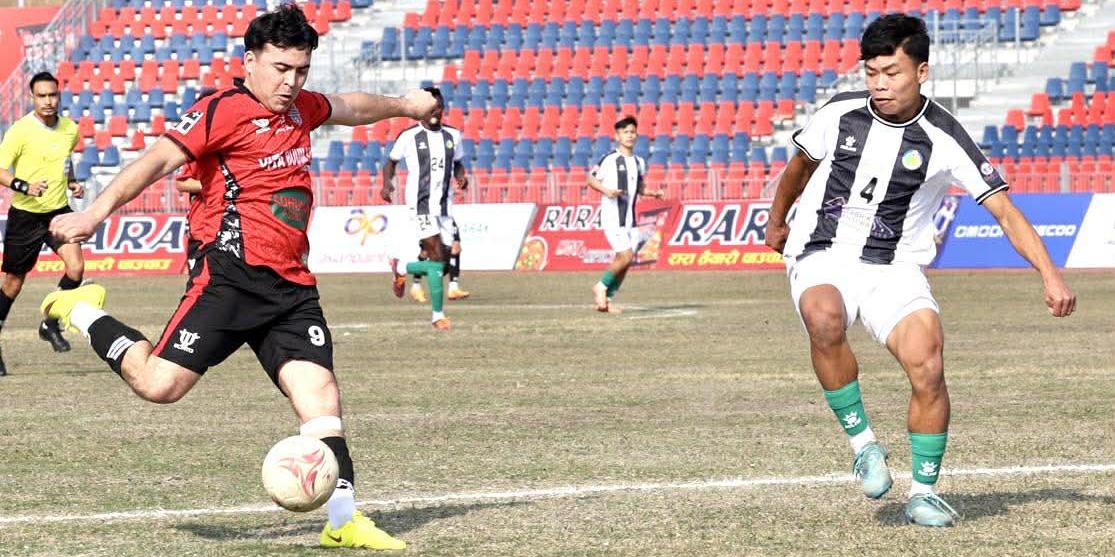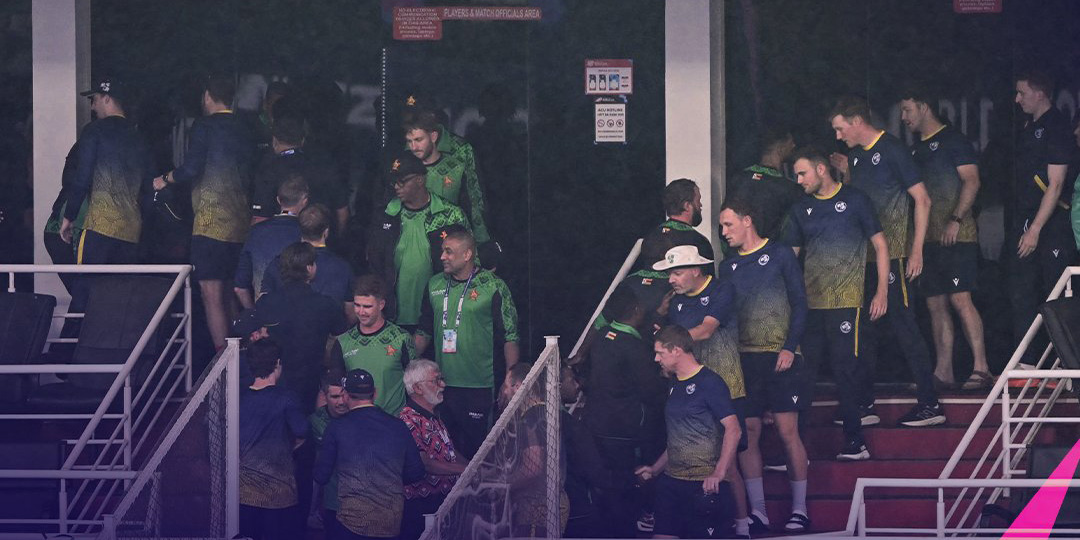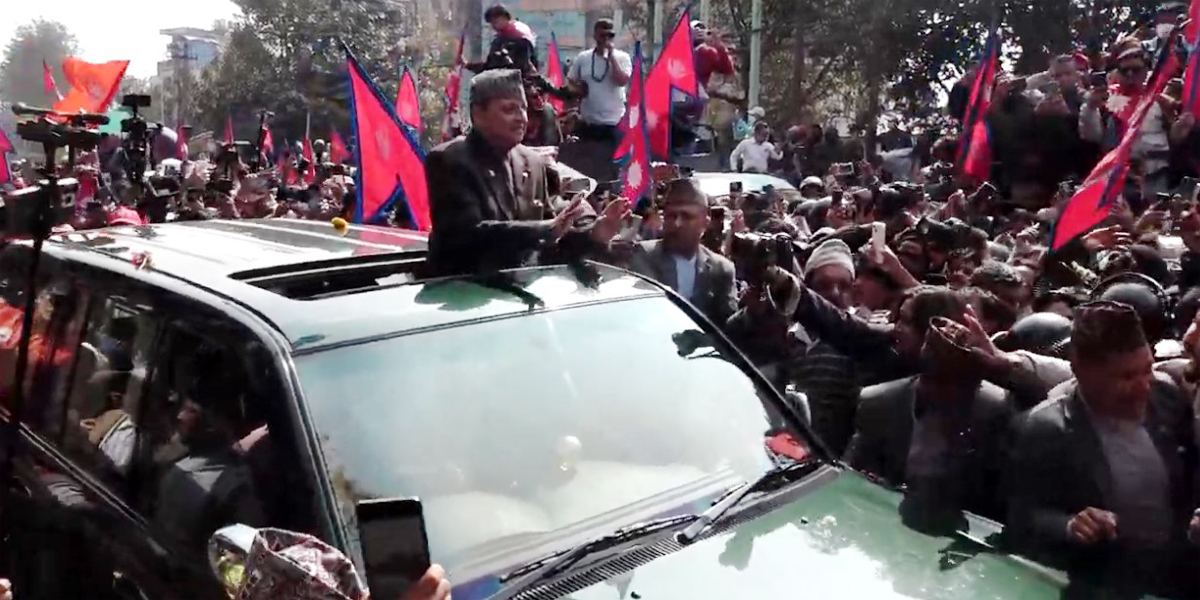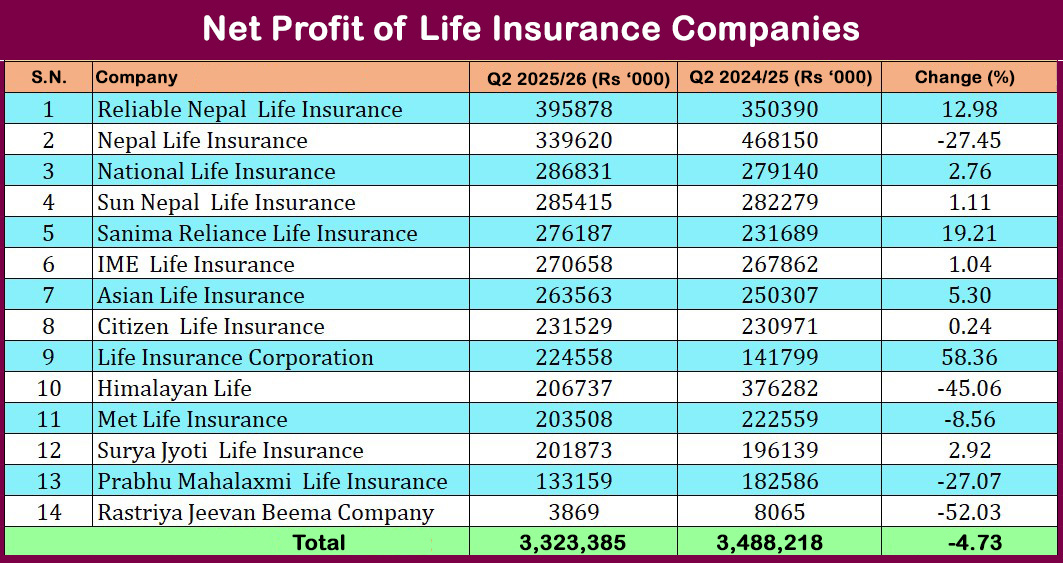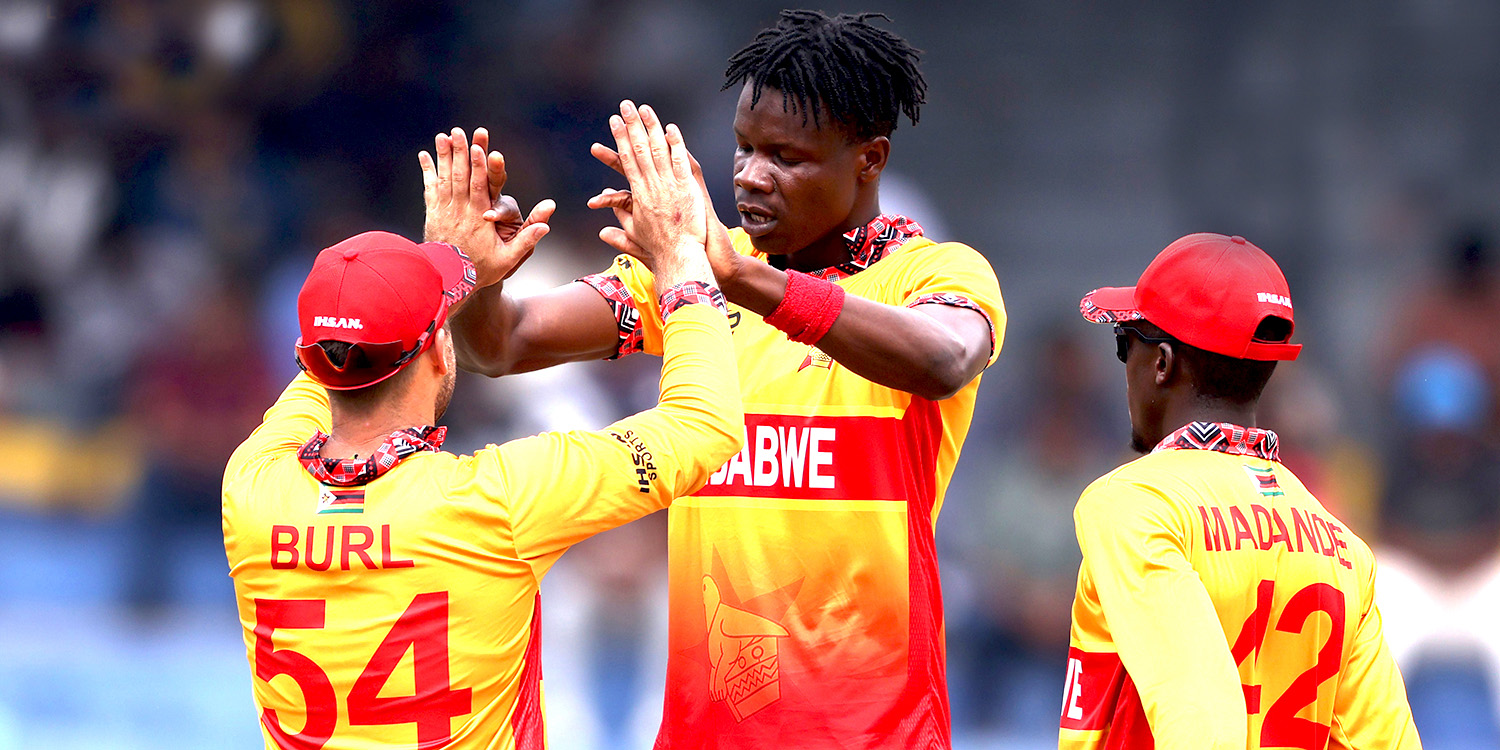
KATHMANDU: The central working committee members of the Nepali Congress (NC) unanimously agree that the party cannot become strong as long as factions persist within it.
During the ongoing meeting of the party’s central working committee on Wednesday, the leaders acknowledged that each central member tends to criticize others based on their factional affiliations. Stating that some members are abusing the general secretaries, while others are criticizing the party president, they stressed the need to put an end to factionalism within the party.
“We discuss revolutionary ideas among ourselves, but we still support factions. Some of us abuse the general secretaries, while others criticize the President. The party won’t gain strength this way,” central working committee member Ram Hari Khatiwada said.
He said the party will not become strong if leaders engage in internal criticism. Additionally, he called for a long-term vision beyond the 2027 elections, urging the party to make plans for the next 20 years. Khatiwada also requested party leaders in the government to present themselves as ministers of both the party and the country, rather than limiting their focus to wards, municipalities, and districts.
Similarly, another central working committee member, Kalyani Rijal, stated that the party will continue to face betrayals in elections as long as factionalism persists. She emphasized that such internal divisions is preventing the NC from becoming the largest party in the country.
Likewise, central working committee member Laxmi Khatiwada said that since the president represents the party organization, party leaders and cadres should refrain from criticizing him. She urged the party president and office-bearers to work towards unifying the party.
Another central working committee member, Man Bahadur Nepali, pointed out that factionalism has affected party works at the grassroots level, with district presidents often embroiled in factional disputes. He added that many district presidents complete their terms without actively engaging in their districts. Nepali also proposed that the party should nominate leaders to the policy institute based on their contributions, rather than through factional considerations.
Moreover, Nrip Bhadur Od, another central working committee member, attributed the party’s weakness to its internal issues. He emphasized that cooperation among coalition parties should start at the ward level. While acknowledging the existence of factionalism in the party, Odd suggested handling it with a relaxed approach to strengthen the party.

 Himal Press
Himal Press 
